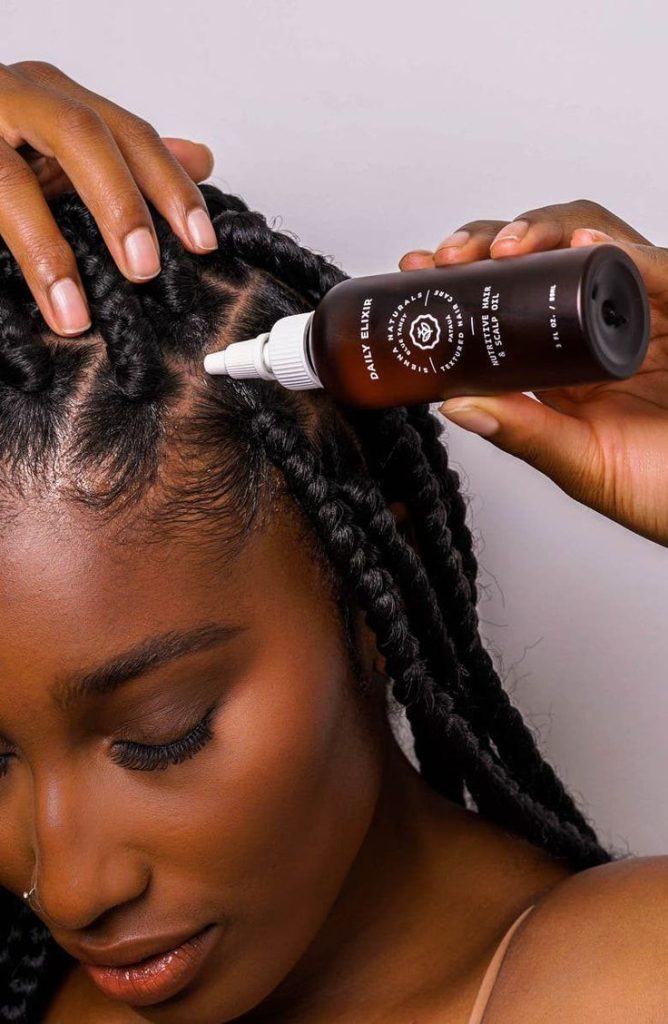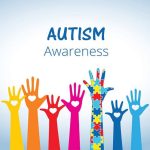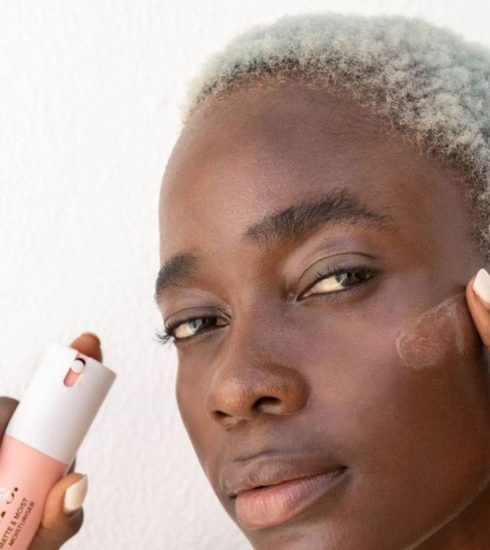Hair Loss 101: Everything You Need to Know About Hair Loss
Everyone will experience some form of hair loss at some point in their life, and this can happen due to some hereditary and lifestyle factors. It is normal for us to shed strands of hair each day, but how do we know when this has escalated to problematic hair loss? This article will explore everything about hair loss, including the various causes responsible for thinning out our strands and how to put up a good fight proactively.

CAUSES OF HAIR LOSS
(1) AGE
As people age, almost everyone will experience thinning and hair loss. Cells grow and die off incessantly at every age. However, as we age, our cells lose their ability to repair quickly. As a result, people acquire thinner skin and weaker bones. The procedure for hair is comparable.
Additionally, as you get older, your scalp produces less oil, which can weaken and break off your hair. As you become older, some people may have more severe hair loss. Androgenetic alopecia, often known as male- or female-pattern hair loss, is the disorder in question.

(2) NUTRITIONAL DEFICIENCIES
Nutritional deficiencies may occasionally cause hair loss. Hair loss and excessive shedding have been related to low levels of iron, zinc, and vitamin D. Vitamin deficits may be readily remedied with dietary supplementation. It’s crucial to speak with your healthcare physician before beginning any new supplement regimen, as they will often perform a blood test before making a recommendation.

(3) PREGNANCY AND CHILDBIRTH
Giving birth is one of the most talked about—and less often explained—causes of hair loss. Pregnant women have this gorgeous head of hair with little to no shedding; naturally, this condition is temporary. After a few months of the postpartum phase, everything starts to come out in large handfuls. Why does this occur? The life cycle of human hair is divided into three stages: telogen (resting), catagen (transition), and anagen (growing). Hormonal changes during pregnancy cause the hair to stay in the anagen phase. The hair enters the catagen and telogen stages after the infant is delivered when hormones change again. Your gathered hair is ready to fall out naturally, just like it would have. It is understandably unsettling when it all happens at once. You don’t have to worry; your hormones will return to normal in a few months, and so will the growth of your hair.

HOW TO MANAGE IT
(1) ADOPT A MEDITERRANEAN DIET
According to research, the Mediterranean diet, which emphasises raw vegetables and fresh herbs, may help lower the incidence of androgenic alopecia, often known as male or female pattern baldness, or delay the beginning of the condition. The greatest outcomes were noted in those who ate large portions of fresh herbs and raw vegetables, such as salad greens, parsley, and basil, more than three days a week.

(2) REGULAR WASHING
Regular hair washing can prevent hair loss by maintaining a clean and healthy scalp. It’s important to use light shampoo. Stronger formulae have the potential to dry out hair, break it, and result in hair loss.

(3) GENTLE STYLING
Avoid pulling on your hair at the roots or creating excessive shedding with tight braids or ponytails. Let your hair air dry to prevent irritating your scalp. Curling or straightening irons are heat stylers that should be avoided since they can break or damage hair shafts.

(4) LASER THERAPY
Thanks to low-level lasers, patients who have chemotherapy-induced hair loss or hereditary hair loss may benefit from increased hair density. This method, also known as red light treatment, may stimulate epidermal stem cells. There are laser devices for use at home; you can get them on the market. To see results, you might need to use the gadget often.

CONCLUSION
There is no need to be afraid if you are experiencing hair loss. Several methods are available for treatment. Regardless of the cause of your hair loss, treatment tends to be more effective when you discover it early. If you notice that your hair is starting to fall or thin out in clumps, make sure you visit a healthcare provider so they can help you figure out the cause of your hair loss and share tips on how to treat the root issue.

Dorcas Akintoye is a versatile writer with a passion for beauty, fashion, relationships, and culinary delight. With a keen eye for detail and a passion for storytelling, she adds a touch of elegance to every topic she explores. She is a writer at THEWILL DOWNTOWN.






